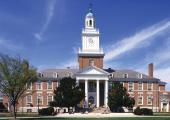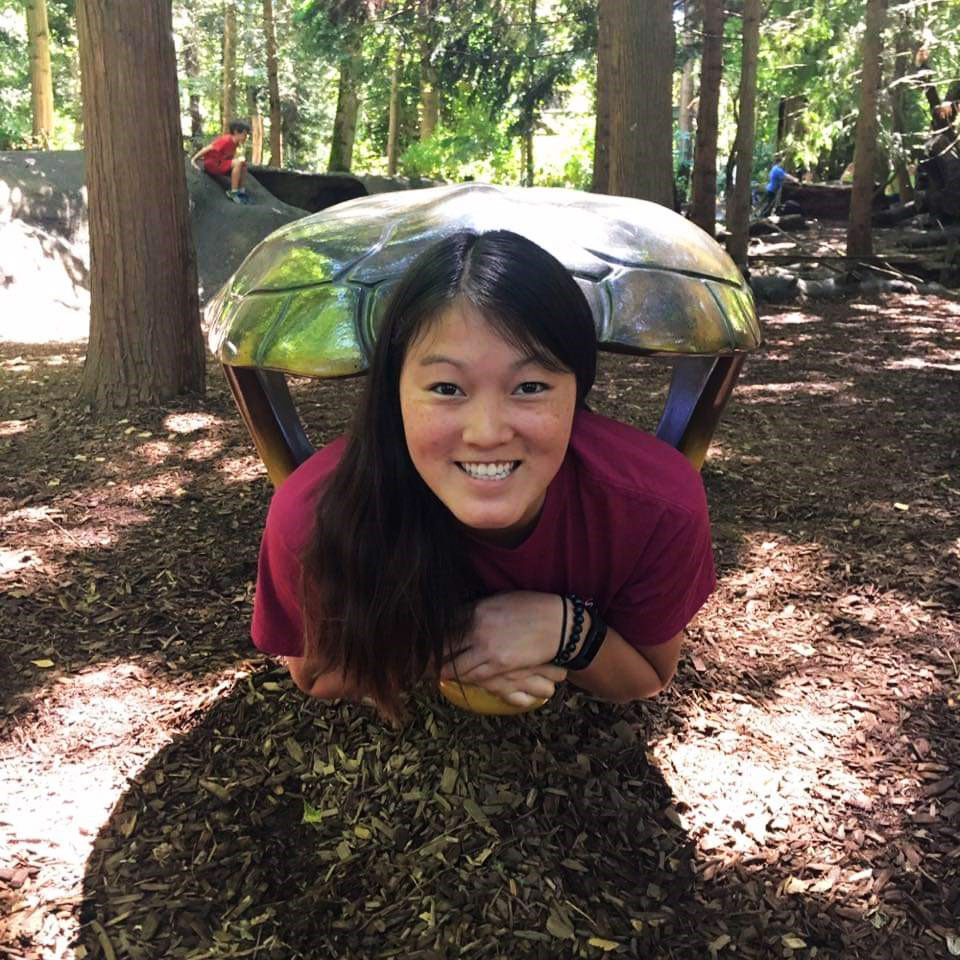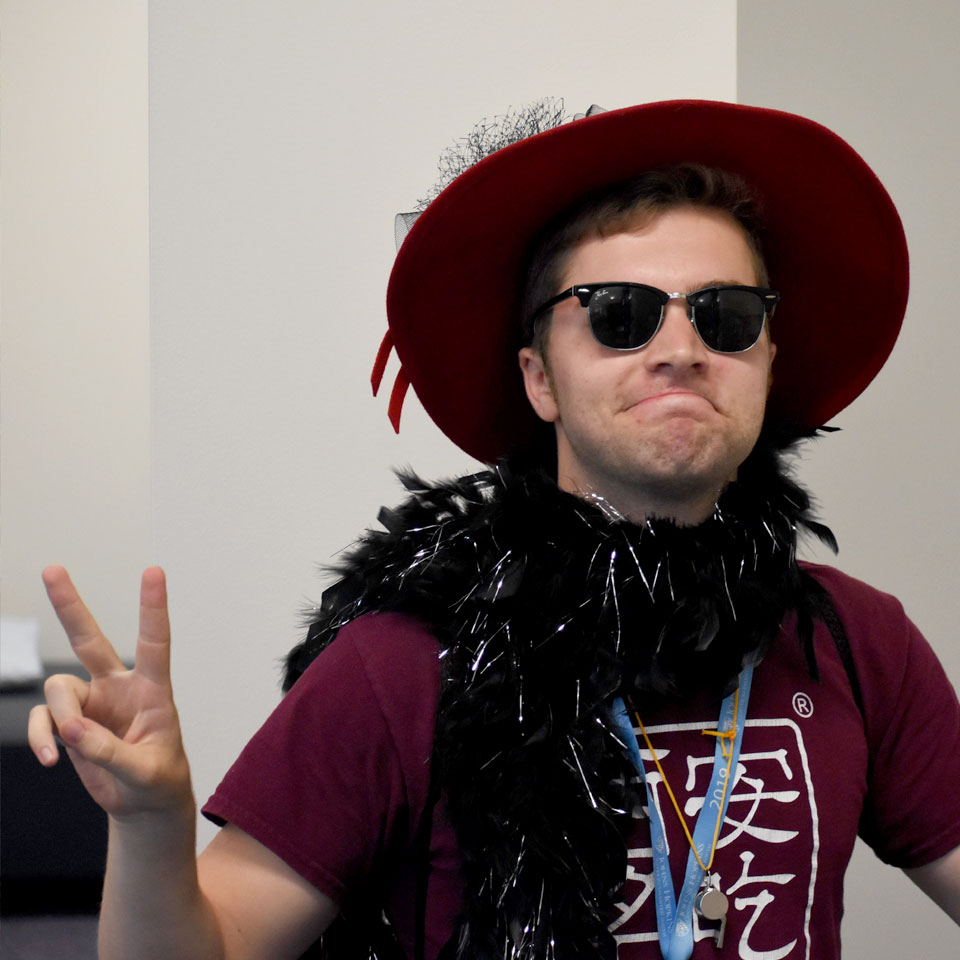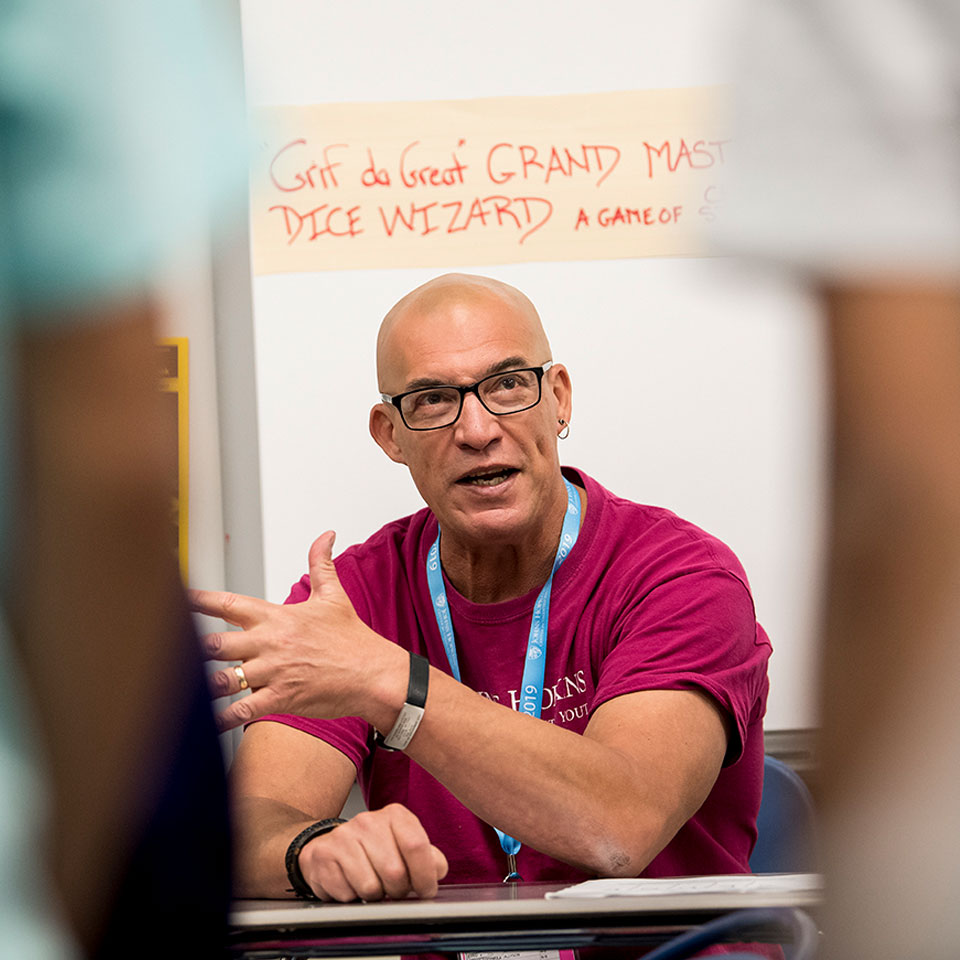Breadcrumbs
Astrophysics
- Grades 7-11
- Advanced CTY-Level
-
Residential
- Science and Engineering
When the sun runs out of fuel, will it explode in a giant supernova or fade into a white dwarf? Does every galaxy revolve around a supermassive black hole? Will the universe keep expanding or eventually collapse upon itself? Astrophysics—the study of the physical laws governing astronomical objects and the universe—is key to determining how the universe started, how it works, and where it’s headed. In this course, you and your classmates will learn about scale and distances between planets, stars, and galaxies. You’ll explore stellar evolution; the birth, life, and death of stars and their inner workings; and consider how objects such as neutron stars and black holes are formed. You’ll investigate galaxies, including the Milky Way, comparing their shapes, compositions, and rotational speeds, and calculate distances to other galaxies using Hubble’s Law. Lastly, you’ll explore topics in modern cosmology, such as the Big Bang and inflationary universe hypotheses, and consider the ultimate fate of the universe.
Typical Class Size: 18-20
This course is
ungraded.
Summer Dates & Locations
Session One

Session Two

Testing and Prerequisites
| Math | Verbal | |
|---|---|---|
| Required Level | Advanced CTY-Level | Not required |
Students must achieve qualifying scores on an advanced assessment to be eligible for CTY programs. If you don’t have qualifying scores, you have several different testing options. We’ll help you find the right option for your situation.
Sign up for Testing Learn MoreCourse Prerequisites
Astrophysics requires:1 prerequisite
Algebra 1
Cost and Financial Aid
Tuition
- Varies
Application fee
- Nonrefundable Application Fee - $55 (Waived for financial aid applicants)
- Nonrefundable International Fee - $250 (outside US only)
We have concluded our financial aid application review process for 2025 On-Campus Programs. We encourage those who may need assistance in the future to apply for aid as early as possible. We are committed to serving all talented youth regardless of financial circumstances. Financial assistance is available based on need.
Course Materials
Students should bring basic school supplies like pens, notebooks, and folders to their summer program. You will be notified of any additional items needed before the course begins. All other materials will be provided by CTY.
Course Extras (Lab fee info, etc)
Lab fee: $180
Sample Reading
These titles have been featured in past sessions of the course, and may be included this summer. CTY provides students with all texts; no purchase is required.
- Astronomy Today Volume 2: Stars and Galaxies, by Eric Chaisson and Steve McMillan
Technical Requirements
Students must bring a laptop computer with at least Windows 10 or a recent version of Mac OS for use during the session. Students may be asked to install simulation software once onsite; detailed instructions will be provided.
About Science and Engineering at CTY
Explore space and our planet
In our Introduction to Astronomy course, we’ll visit a nearby observatory or planetarium, see what the cosmos looks like through various spectra, and immerse ourselves in the science and technology that bring the universe closer to home. In Marine Ecology, we’ll visit local wetlands and tidepools, observe flora and fauna, collect water samples and analyze them for clues about their health and humans’ impact. And in The Global Environment, we will explore the human impact on our environment and generate proposals for addressing climate change.
Bond over chemistry
Our chemistry courses help you see the world differently, starting at the atomic level. The Edible World gives budding chefs and science lovers a glimpse into the chemical reactions that happen when we make food, and the chemical makeup of meals and treats we eat every day. In our Crystals and Polymers course, we’ll synthesize slime, grow rock candy, and isolate strawberry DNA to learn about the molecular structure of naturally occurring gems and human-produced plastics. In Chemistry in Society, we'll consider how the chemicals in products can both enhance and degrade the world around us; produce biodiesel in a lab to understand alternative fuels; and prepare aspirin to learn about the healing and toxic properties of pharmaceuticals.




